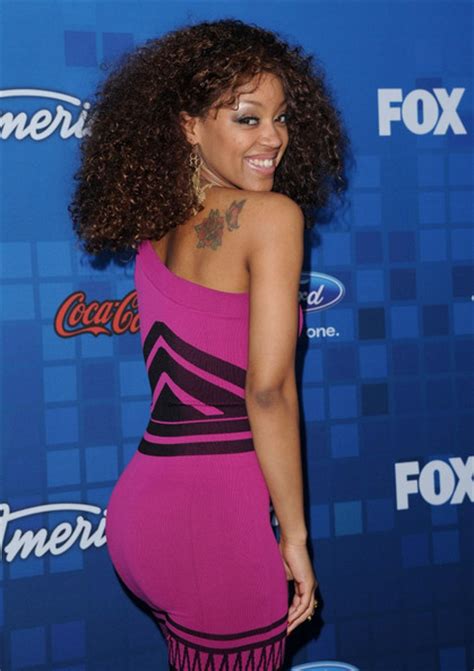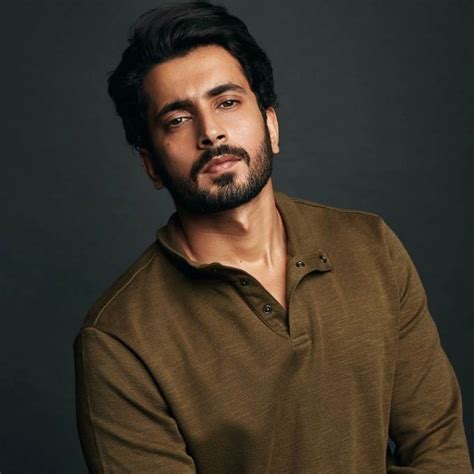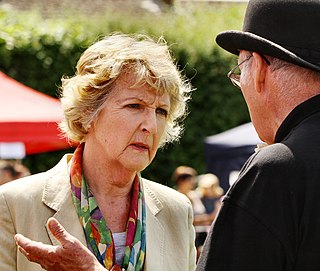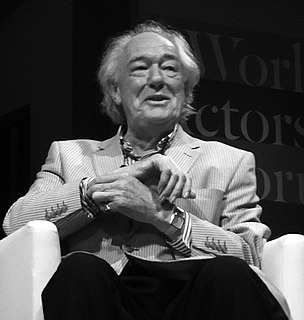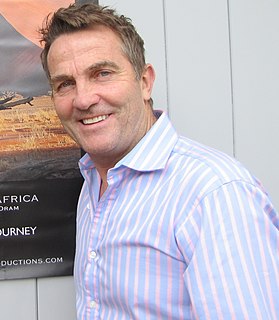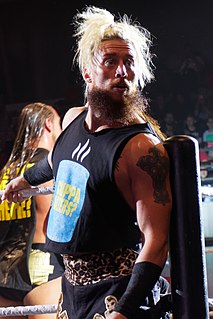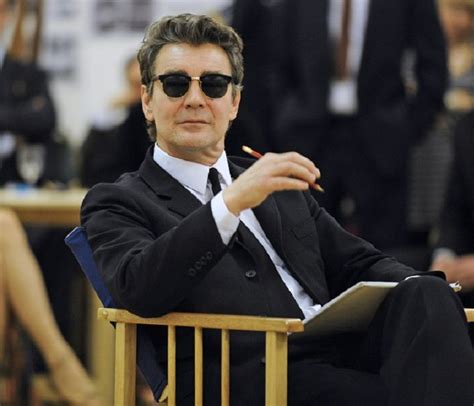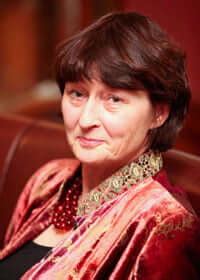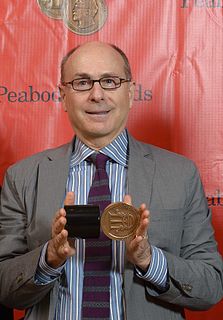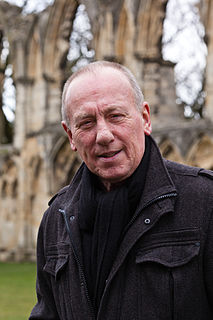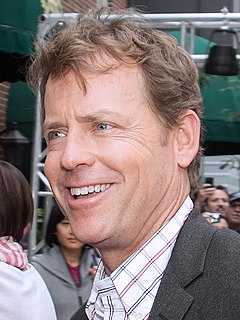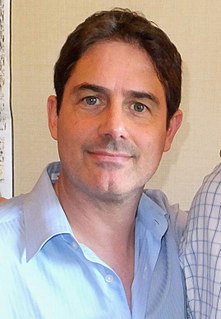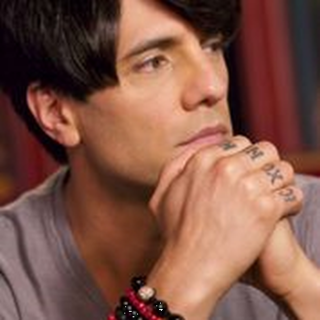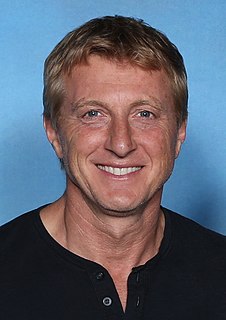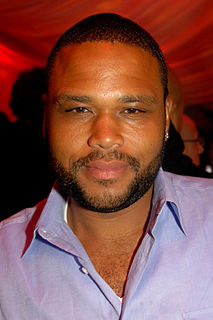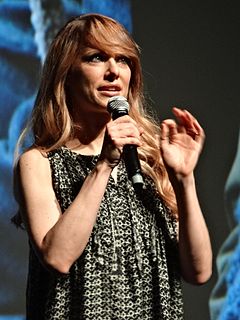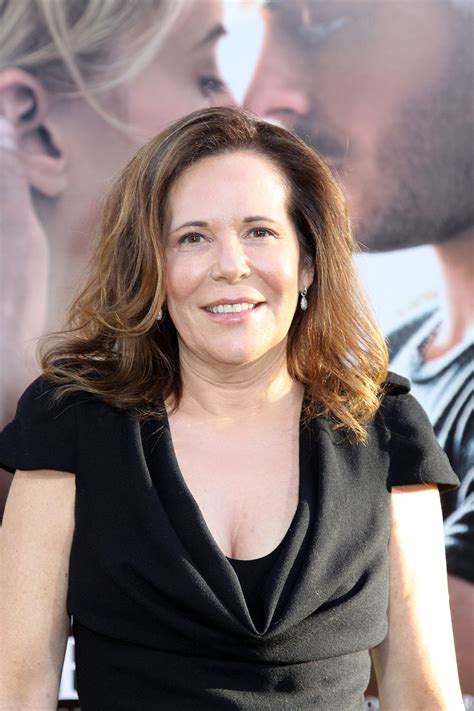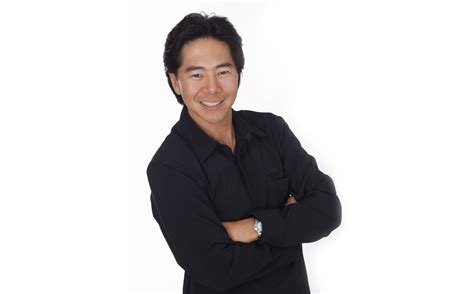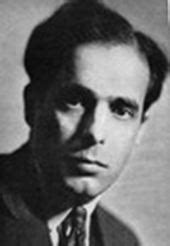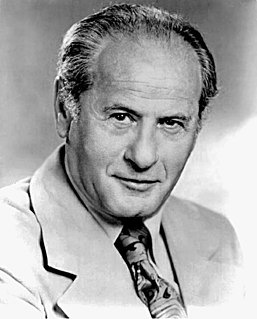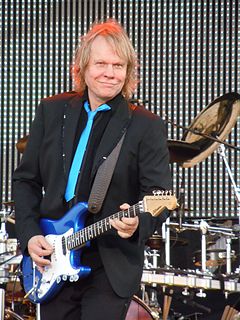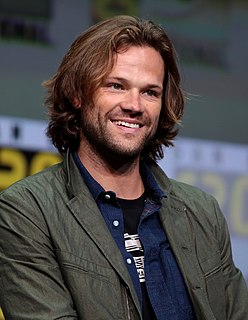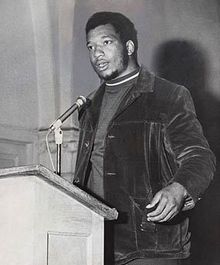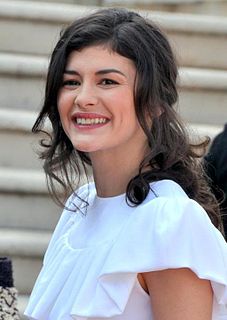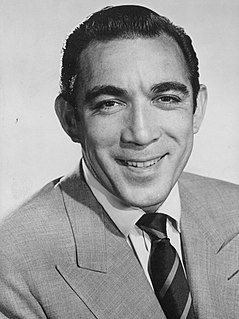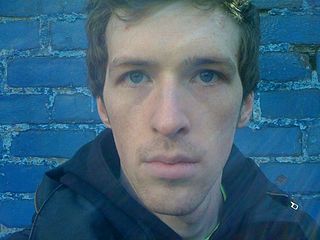Top 1200 Stage Actors Quotes & Sayings - Page 15
Explore popular Stage Actors quotes.
Last updated on November 15, 2024.
I think that for a lot of actors - especially American actors - to get line readings and to be told and have your director literally act out the part for you is sort of discouraging in a way. It's a very Eastern European thing to do - a lot of directors that I worked with in Russia did that as well. And, I never took that as an insult, as many actors tend to do. To me, I think it's just offering a certain energy - offering their flavor - and, instead of trying to sort of decode and communicate it to you, they just show you their flavor of what it should be.
There's a tacit belief that actors shouldn't write books, they're sort of allowed to direct movies but there will be a lot of skepticism, and they shouldn't do artwork or music. There are these invisible roadblocks to gain entree to these areas for actors, and you kind of have to crash through those invisible barriers.
I would make a huge distinction between theater improvisation and film improvisation. There isn't much improvisation in film - there's virtually none. The people that theoretically could be good at this in a theater situation don't necessarily do this in a film in a way that will work, because it's much broader on a stage. But in a movie, it has to be real, and the characters have to look entirely real because it's being done as a faux documentary, so there are even fewer actors that can do that on film.
I can't wait to do a fully improvised script again, to find people who are really comfortable and into it. It's about the capabilities of the people you're working with, what are their strengths and weaknesses. Some of the most brilliant actors need the spine of the text to work off of, and there's no shame in that; they're actors, not writers.
The Orient that appears in Orientalism, then, is a system of representations framed by a whole set of forces that brought the Orient into Western learning, Western consciousness, and later, Western empire.... The Orient is the stage on which the whole East is confined. On this stage will appear the figures whose role it is to represent the larger whole from which they emenate. The Orient then seems to be, not an unlimited extension beyond the familiar European world, but rather a closed field, a theatrical stage affixed to Europe.
I like to think in camera, but at the last minute the most important thing is that there is something happening between the actors. But good actors can have a lot of scenes going around them but sometimes it sort of helps the performance because it takes their mind off of who they are supposed to be.



